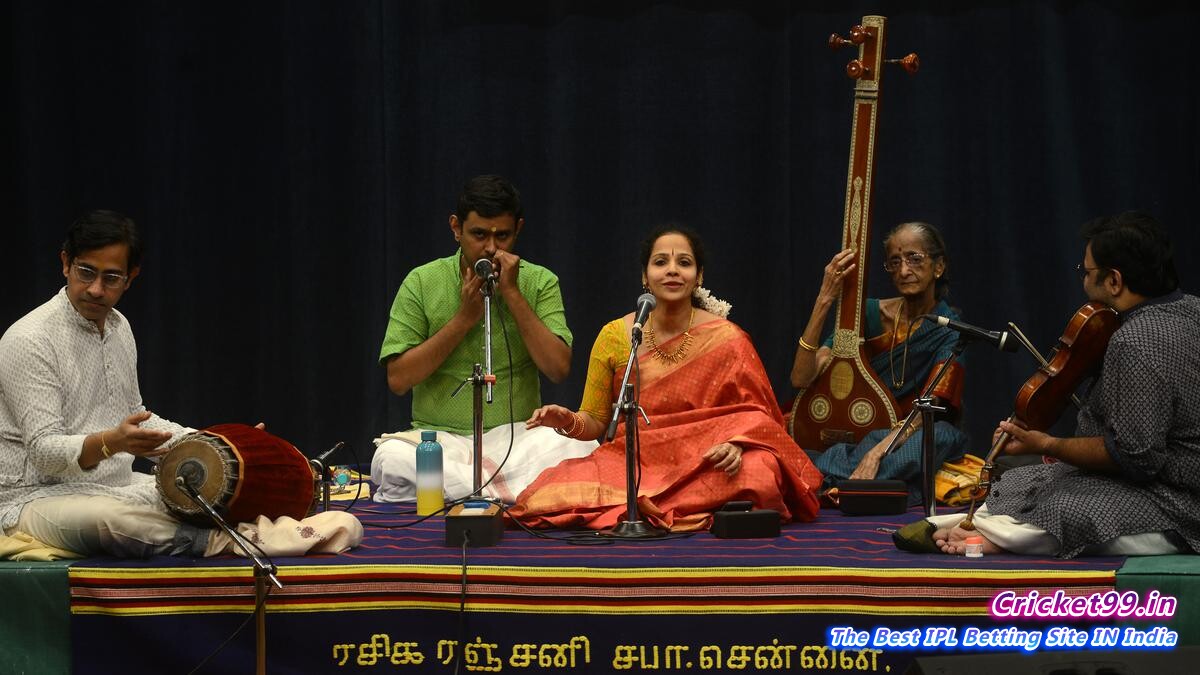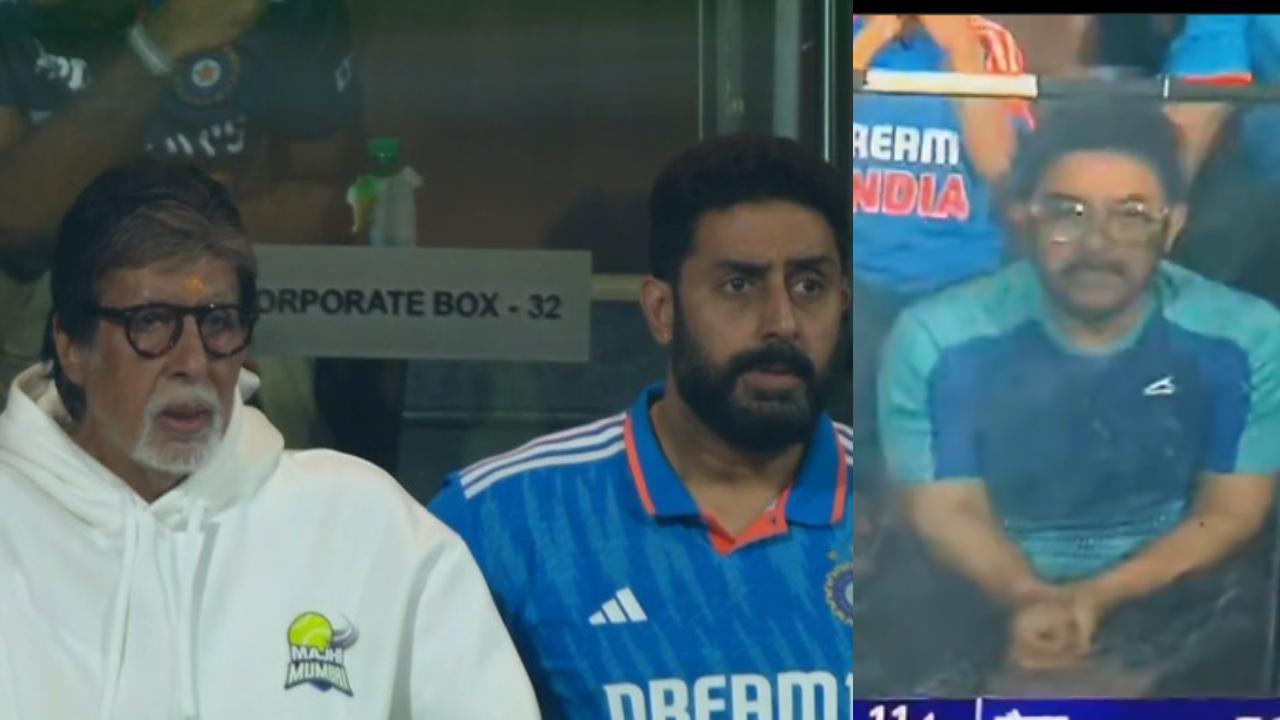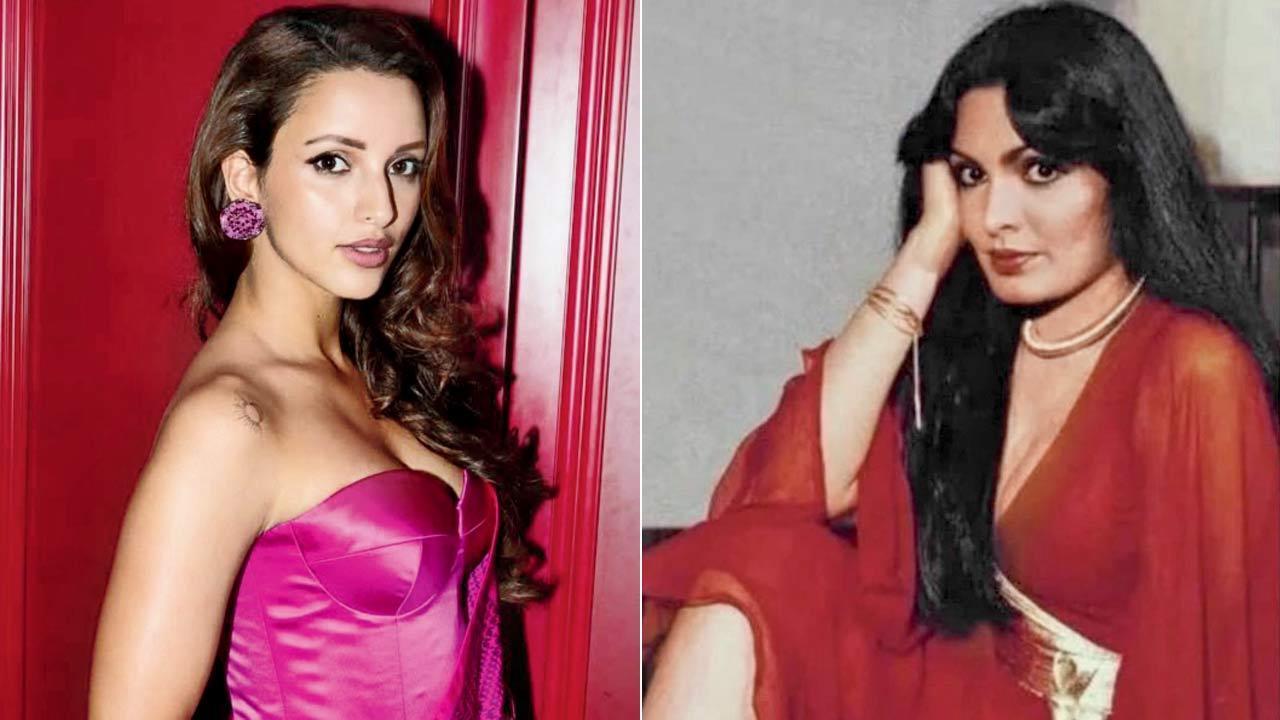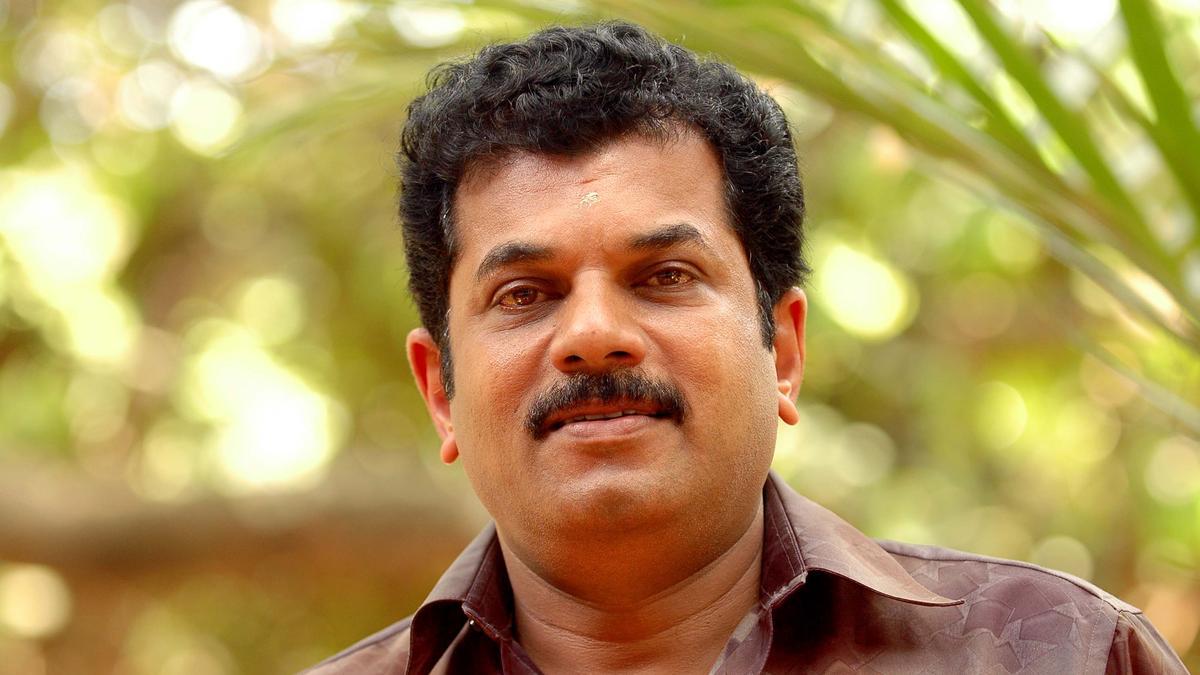
In a concert that exuded the gravity and devotion of classical music, renowned Carnatic vocalist K. Gayatri delivered an impeccable performance, illuminating the stage with her mastery over the art form. Her capabilities in handling complex ragas were on full display as she took the audience through leisurely progressions, ensuring an experience steeped in both technical excellence and emotive depth.
The evening commenced with a seven-minute Varali alapana, as Gayatri expertly traced the contours of this raga, known for its innate mellowness. Her choice of Papavinasa Mudaliar’s ninda stuti, ‘Natamadi thirindha’, as the first composition allowed her to explore the poignant narrative where the devotee engages in a profound dialogue with Nataraja. Gayatri’s praiseworthy approach of presenting only the niraval from a part of the anupallavi line ‘Ananda sadai viritthadinava’ without resorting to kalpanaswara ensured the sanctity of the piece was honored.
Adding to the musical tapestry, violinist B. Ananthakishnan rendered the emotive aura of Varali, infusing the performance with rich hues and the occasional flourish of jarus that deepened the raga’s emotive quality. As Gayatri progressed through ‘Mamava meenakshi’ by Muthuswami Dikshitar, the niraval at ‘Shyame sankari’ showcased Varali’s understated beauty. Notably, percussionist Vijay Natesan’s support on the mridangam during the swarakalpana segment favorably sustained the kriti set in Misra Chapu, despite brief departures from the established emotional atmosphere.
The concert’s repertoire was varied, honoring Gayatri’s guru, Suguna Purushothaman, through the Bhairavi piece ‘Govindan venu gopalan’, accentuated with intricate laya interludes. The evening also featured the Dakshinamurthy stotram, a Tiruppavai verse ‘Margazhi thingal’ in raga Nattai, and Tyagaraja’s Abhogi kriti, ‘Nannu brova neekintha thamasama’, a composition that came alive with brisk and skillful kalpanaswaras.
Achieving a crescendo, Gayatri explored Kedaragowla with ‘Tulasi bilva’, evoking the deeply spiritual act of offering sacred leaves during an archanai. The symbiosis between Vijay Natesan on mridangam and Sai Subramanian on the morsing during the percussion interludes complimented the tranquility and emotional charge of the kriti. Tyagaraja’s poignant plea to Lord Rama in ‘Karunatho nenarutho’ and the melkala swaras that followed underscored Gayatri’s vocal finesse and musical insight.
The post-tani section was further animated by Purandaradasa’s ‘Devaki Nandana’ in a Ragamalika composed of Maund, Khamas, and Desh ragas, preceded by a sloka from Sri Krishnashtakam, breathing a fresh, post-interlude vitality into the concert.
K. Gayatri, known for her affinity towards rare and complex talas, selected the tillana ‘Gowri nayaka’ in Kanada set in Simhanandana tala, a rhythmical pattern consisting of 128 aksharams, as the crown of her performance. This piece, a composition by Maha Vaidyanatha Sivan, culminated the concert, highlighting Gayatri’s profound grasp over the technicalities and emotional resonances of Carnatic music.
The evening was more than a display of musical expertise; it was a testament to the enduring sanctity and vibrancy of classical music. K. Gayatri’s concert did not just entertain but provided a soulful reflection of devotion and skill, leaving an indelible impression on those fortunate enough to witness her artistry.










